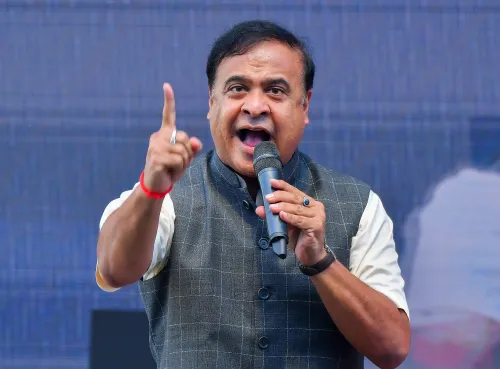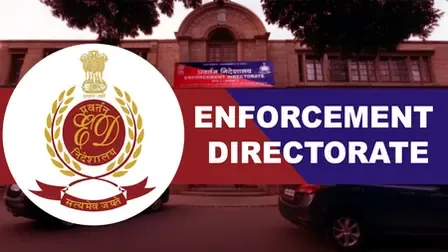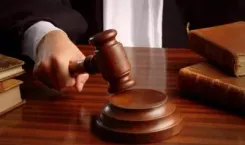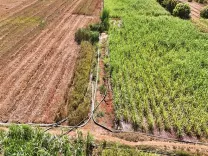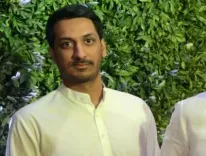Why is Human Rights Watch accusing China of pressuring filmmakers at the IndieChina festival?
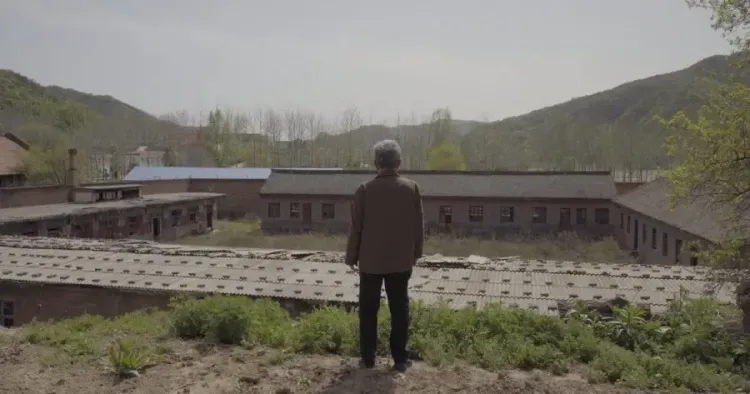
Synopsis
Key Takeaways
- Chinese authorities are alleged to have pressured filmmakers to withdraw from an international festival.
- The IndieChina Film Festival was scheduled for November 8-15 in New York City.
- Transnational repression poses a serious threat to artistic freedom.
- Many filmmakers in China face persecution and censorship.
- Governmental support is essential in combating repression of free expression.
New York, Nov 7 (NationPress) Human Rights Watch (HRW), a US-based advocacy organization, has alleged that Chinese authorities have been pressuring numerous Chinese filmmakers and producers, alongside their families in China, to withdraw their films from the inaugural IndieChina Film Festival set to take place in New York City.
The advocacy group reported that on Thursday, the festival’s organizer, Zhu Riku, announced the event, scheduled for November 8-15, had been “suspended.”
“The Chinese government has extended its reach globally to halt a film festival in New York City. This recent instance of transnational repression illustrates the regime’s objective to control global perceptions of China,” remarked Yalkun Uluyol, a China researcher at HRW.
On November 1, the festival organizers stated on social media that they had received reports from various filmmakers and producers, along with their families, about harassment by the Chinese government. By November 4, over two-thirds of the films originally slated to screen had canceled.
HRW pointed out that independent film festivals in China have been facing increased crackdowns over the last decade. The tightening of ideological controls by the Chinese government has led to the arrest and imprisonment of numerous filmmakers, forcing many to seek asylum abroad.
In 2014, the organization noted, a court sentenced Shen Yongping, a notable Chinese filmmaker whose documentary critiqued the government, to one year in prison for supposed “illegal business activity.”
Furthermore, HRW highlighted that in January 2025, Chen Pinlin, a Chinese documentary filmmaker recognized as Plato, was sentenced to three-and-a-half years in prison for allegedly “picking quarrels and provoking trouble” after producing a documentary on the “white paper protests” during the COVID-19 lockdowns in China.
In April, authorities confiscated equipment from Guo Zhenming, a Chinese artist filming Uyghur folk music in Xinjiang, where Uyghurs and other Muslims endure significant repression, and imposed a fine of 75,000 yuan (approximately US$10,550) for failing to submit his screenplay synopsis to the relevant departments.
HRW also mentioned that in Hong Kong, the Chinese government has prohibited 13 films from being screened on purported “national security” grounds.
Expressing alarm, HRW asserted that the Chinese government’s transnational repression of the arts extends beyond film, citing interference with an exhibition in Bangkok and censorship affecting Uyghur, Tibetan, and Hongkonger artists in August.
“Governments should challenge Chinese officials regarding their escalating abusive actions across international boundaries. Film festivals and other artistic venues must unite with governmental support to counter the Chinese regime’s expanding influence on free expression globally,” Uluyol added.


